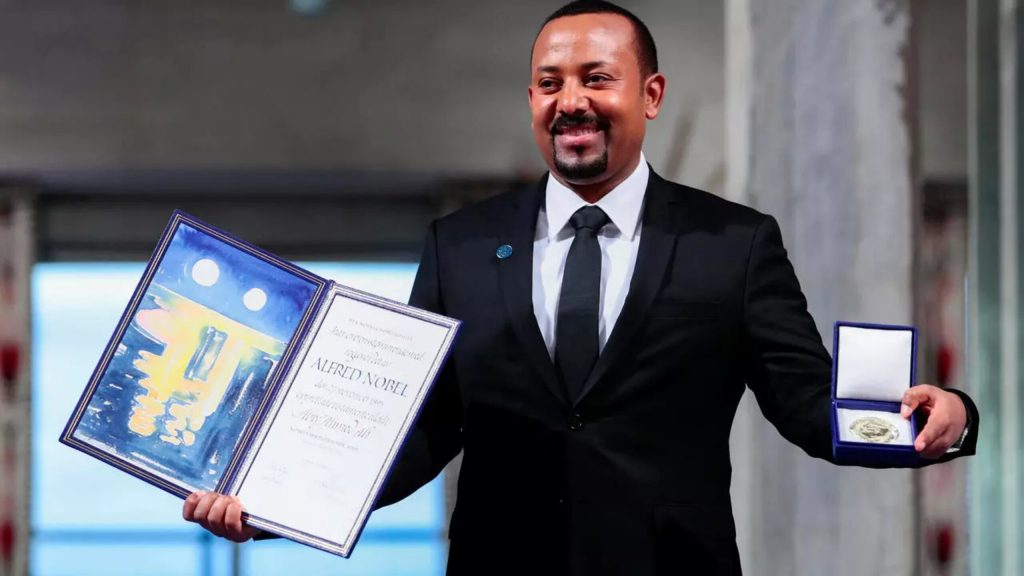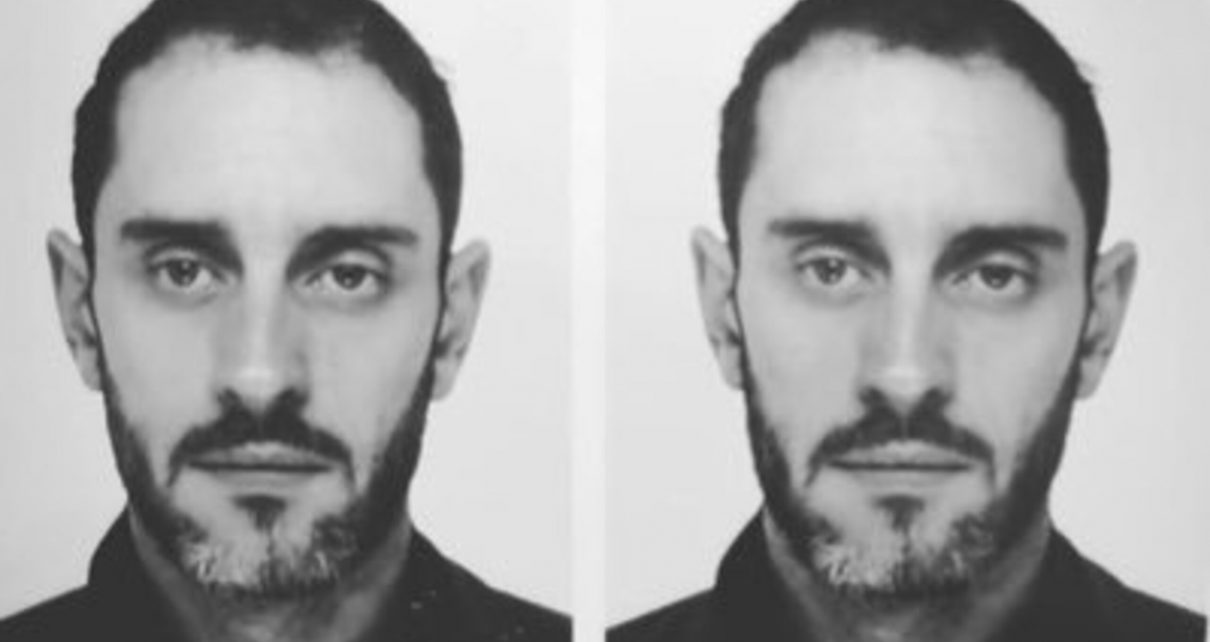Ethiopia has revoked the press credentials of a foreign journalist working for the New York Times, according to the newspaper and an Ethiopian official.
The Times said in an article on Thursday that Simon Marks, an Irish national who reports for it and other publications, had his credentials revoked by the Ethiopian Broadcasting Authority in early March, after returning to Addis Ababa from the Tigray region, where he had interviewed civilian war survivors.

“Last week, after appeals by The Times were declined, the head of the Ethiopian Broadcasting Authority confirmed Mr. Marks’s accreditation had been cancelled at least until October,” The Times article read.
It was “deeply disappointing” that Prime Minister Abiy Ahmed, a Nobel Peace Prize recipient, would try to silence an independent press, said New York Times assistant managing editor for international Michael Slackman.
“We encourage the government to rethink this authoritarian approach and instead work to foster a robust exchange of information. It can start by reissuing Mr. Marks’s credentials and freeing any journalist being detained,” Slackman said in a statement emailed to Reuters late on Thursday.
Abiy’s office said it was not responsible for granting or revoking press accreditation.
“Any attempts to directly link it to the Prime Minister is undermining national institutional processes,” Billene Seyoum, Abiy’s spokeswoman, told Reuters in a text message.
The director general of the Ethiopian Broadcasting Authority, Mohammed Edris, told Reuters that Marks’s licence was revoked before he became head of the authority and that his predecessors had said the decision was based on “unbalanced reports” by Marks.
Mohammed said that after he took up the position, Marks asked him to reconsider but, due to approaching elections next month, he is busy with other issues. “What matters is the big picture,” Mohammed said.
“We don’t have a problem with the New York Times, we don’t have a problem with the media, the issue is an individual issue.”
In a comment on Twitter, U.S. State Department spokesman Ned Price urged Ethiopian authorities to respect media freedom.
“When governments use credentialing to control a journalist’s reporting, that’s not freedom — it’s suppression of a free press, and it undermines the government’s own credibility,” Price wrote.
Abiy has overseen sweeping reforms since taking office in 2018, including the unbanning of more than 250 media outlets and release of dozens of journalists. Abiy’s 2019 Nobel Peace Prize citation included praise for his “discontinuing media censorship”.
But since the Ethiopian military launched an offensive in November in the northern Tigray region after regional forces attacked its bases there, international media watchdogs say that Abiy’s government has cracked down on the media with arrests and obstruction of independent media covering the conflict.


